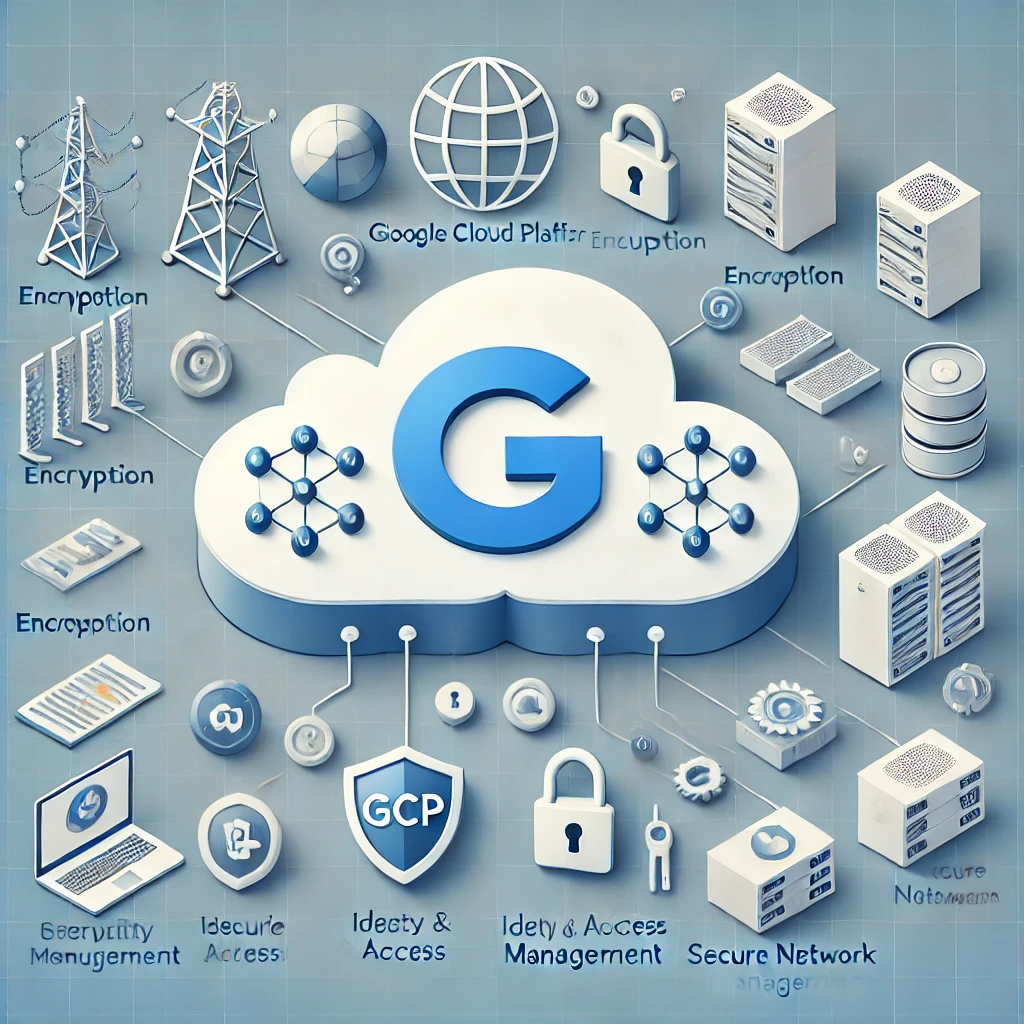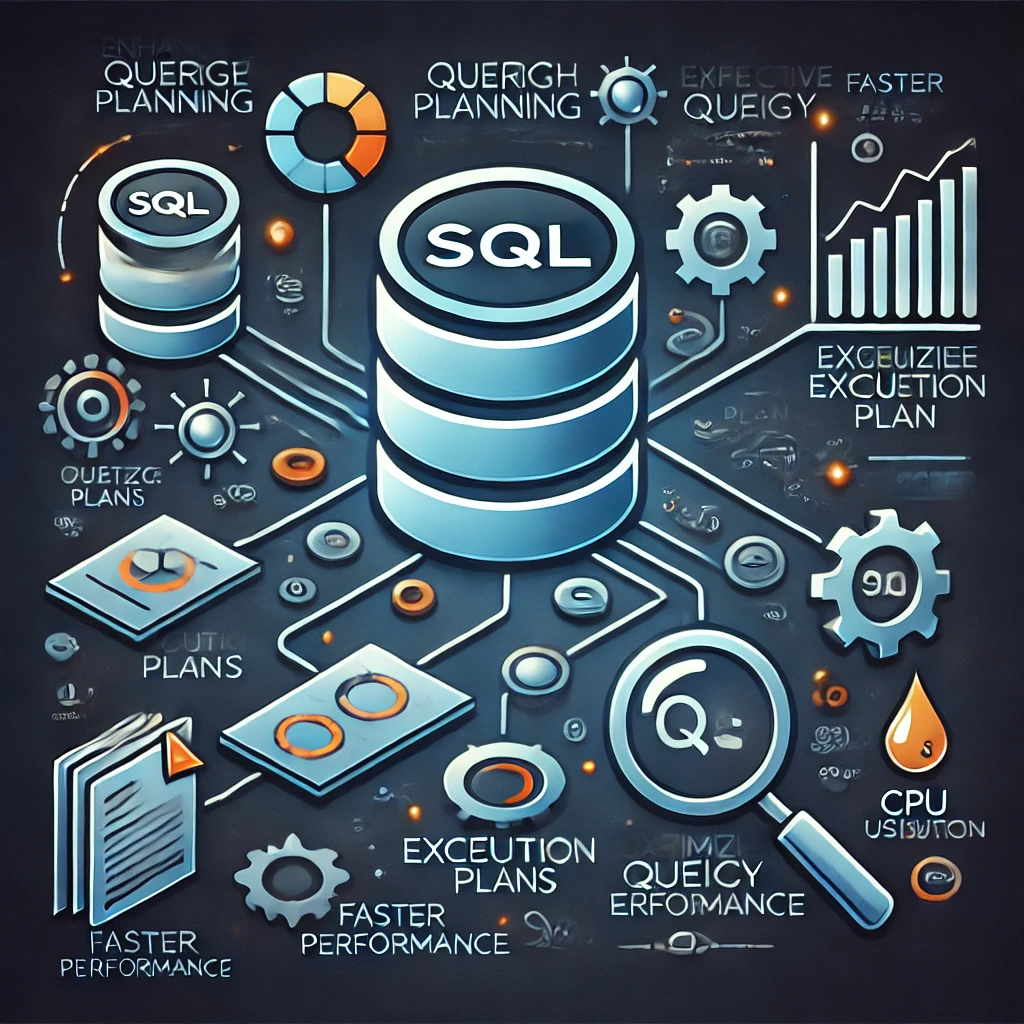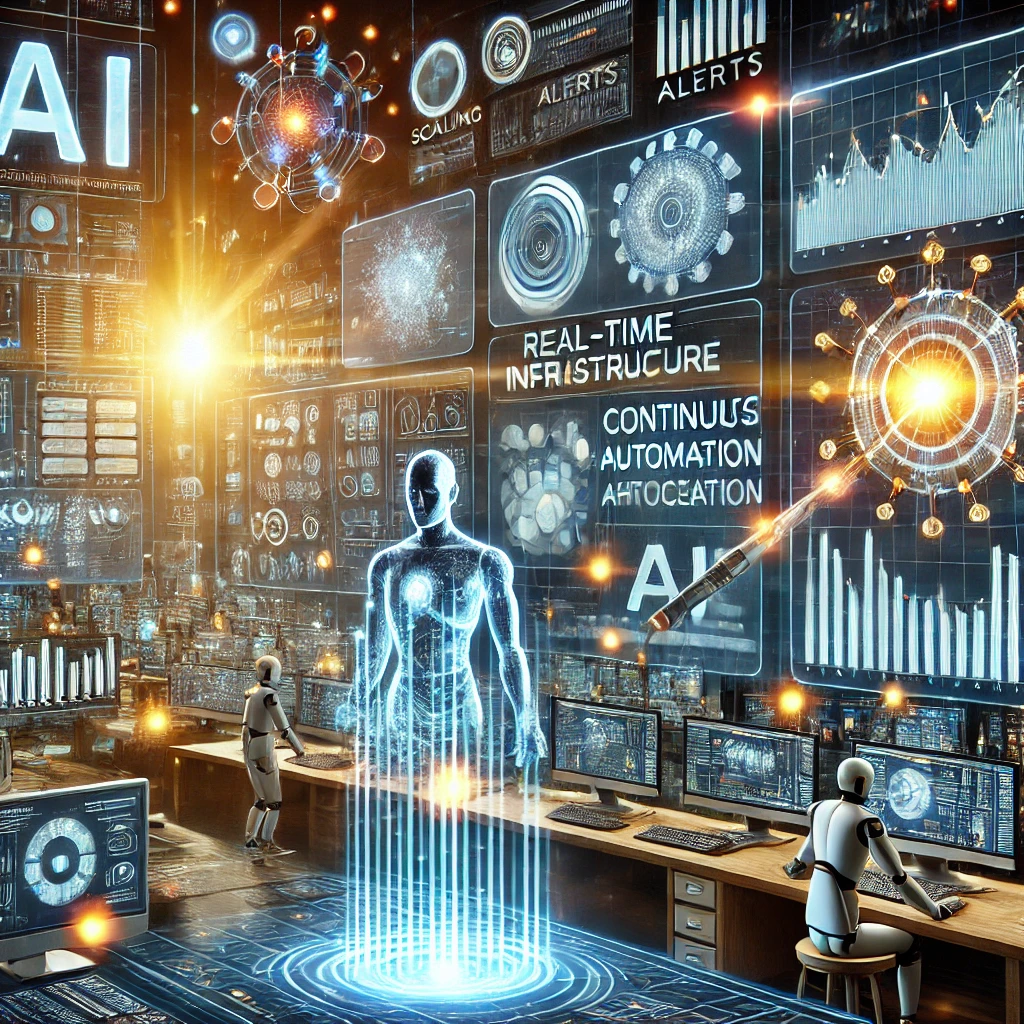Integrating Artificial Intelligence into DevOps Workflows: A Complete Guide
 Sophia Daniels in google-cloud-platform118 days ago
Sophia Daniels in google-cloud-platform118 days ago
The intersection of DevOps and artificial intelligence (AI) is a powerful combination that's transforming how software is built, deployed, and managed. By integrating AI into DevOps workflows, organizations can automate tasks, gain valuable insights, and ultimately deliver software faster and more efficiently.
This guide delves into the practical aspects of AI-powered DevOps, covering key concepts, popular tools, and real-world use cases.
Understanding the Synergy
At its core, DevOps aims to break down silos between development and operations teams, fostering collaboration and automating processes. AI, with its ability to learn from data and make intelligent decisions, complements this approach by:
- Automating Repetitive Tasks: AI-driven automation can handle tasks like infrastructure provisioning, code deployment, and testing, freeing up engineers to focus on more strategic initiatives.
- Predictive Analytics for Prevention: AI can analyze historical data to identify potential issues before they arise, enabling proactive maintenance and preventing downtime.
- Enhanced Security: AI-powered security tools can detect anomalies, identify threats, and respond to incidents in real-time, bolstering application security.
Key AI Tools for DevOps
Several powerful AI tools can be integrated into your DevOps workflows:
- Machine Learning (ML) Platforms: Tools like TensorFlow, PyTorch, and scikit-learn provide the building blocks for developing custom ML models for various DevOps tasks.
- AI-Powered Monitoring and Observability: Platforms like Dynatrace and New Relic leverage AI to analyze performance metrics, detect anomalies, and provide insights into application behavior.
- ChatOps and Conversational AI: Platforms like Slack and Microsoft Teams can be integrated with AI chatbots for automated task execution, knowledge retrieval, and incident response.
Implementation Strategies
Integrating AI into DevOps is a gradual process. Start with identifying areas where AI can provide the most significant benefits:
- Start Small: Focus on specific tasks or workflows where AI can deliver measurable value. For instance, start with automating routine infrastructure management or optimizing deployment processes.
- Data is Key: Ensure you have sufficient data to train your AI models effectively. Collect relevant data from your existing systems and monitor performance metrics.
- Experiment and Iterate: Don't be afraid to experiment with different AI tools and techniques. Continuously refine your implementation based on learnings and results.
Practical Use Cases
Here are some real-world scenarios where AI is making a tangible impact on DevOps workflows:
- Automated Infrastructure Scaling: AI can automatically adjust resources based on real-time traffic patterns, ensuring optimal performance and cost efficiency.
- Predictive Maintenance: By analyzing sensor data, AI can identify potential hardware failures before they occur, minimizing downtime and maintenance costs.
- Security Threat Detection: AI-powered security tools can detect malicious activity, identify suspicious patterns, and proactively mitigate threats.
Challenges and Considerations
While AI offers numerous advantages for DevOps, certain challenges need to be addressed:
- Data Privacy and Security: Ensure your AI models are trained and deployed in a secure and compliant manner, respecting data privacy regulations.
- Explainability and Transparency: Make sure your AI models are transparent and interpretable, allowing you to understand how decisions are being made.
- Skill Gaps: Investing in training and development is essential to equip your team with the necessary skills to effectively utilize AI tools.
The Future of AI in DevOps
As AI technology continues to evolve, its integration into DevOps will become increasingly sophisticated. Expect to see advancements in areas like:
- Automated Code Generation: AI-powered tools will assist in generating code, reducing development time and improving code quality.
- AI-Driven Testing: AI will revolutionize testing processes by automating test case generation, identifying vulnerabilities, and predicting software failures.
- Continuous Learning and Optimization: AI models will continuously learn and adapt to changes in the environment, optimizing workflows and improving efficiency.
Integrating AI into your DevOps workflows offers a significant opportunity to unlock automation, gain valuable insights, and enhance overall software delivery efficiency. By embracing AI, you can propel your DevOps practices to new heights and achieve greater agility and innovation.



